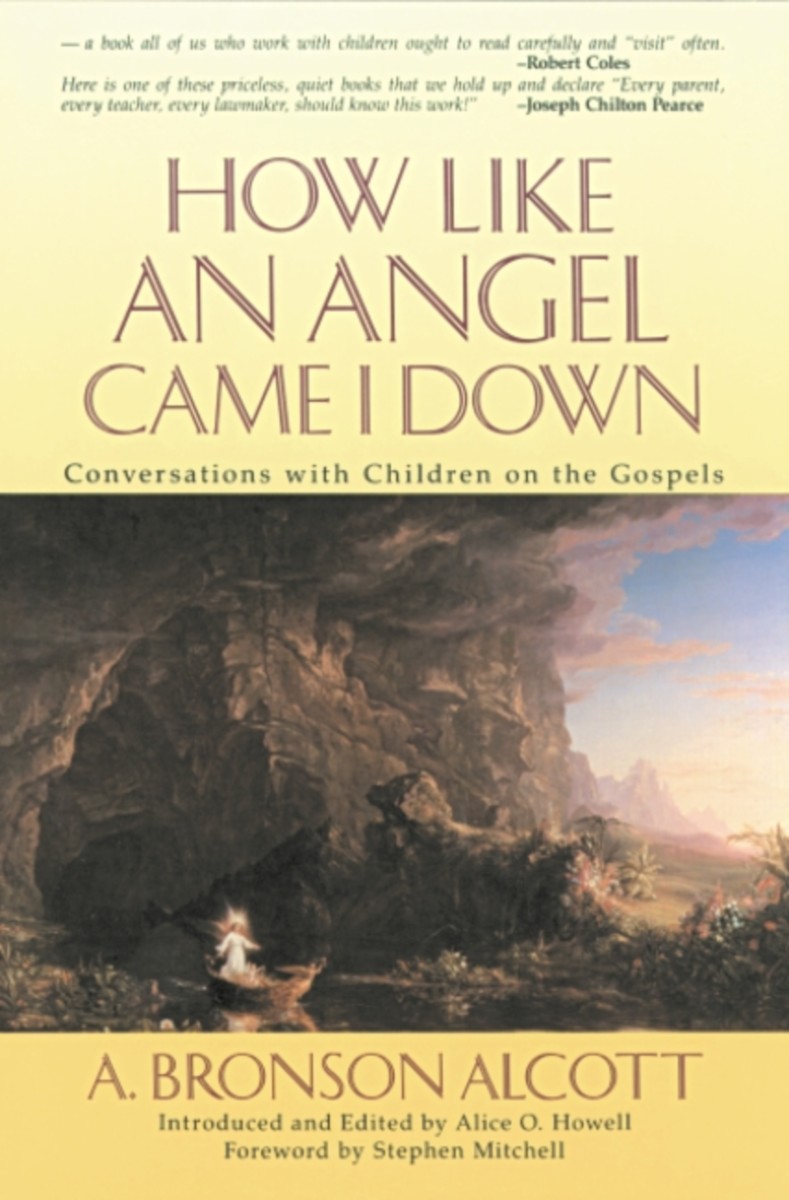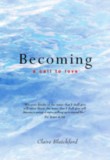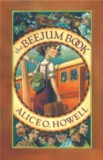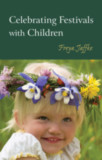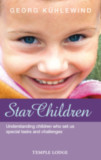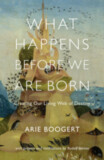How Like an Angel Came I Down
Conversations With Children on the Gospels
Introduction by Alice O. Howell
Edited by Alice O. Howell
Foreword by Stephen Mitchell
Other recording by Elizabeth Peabody
- Publisher
Lindisfarne Books - Published
1st June 1991 - ISBN 9780940262386
- Language English
- Pages 388 pp.
“We have yet to learn that Wisdom and Holiness are of no Age; that they preexist, separate from time, and are the possession of Childhood, not less than of later years.” —A. Bronson Alcott“The unconscious psyche of the child is truly limitless in extent and of incalculable age.” —Carl Gustav Jung
Every now and then the past yields up one of its lost treasures. This book is just such a gem. Bronson Alcott, friend and sometimes mentor to Emerson and Thoreau in Concord, was also a visionary educator who believed that the psyche of a child already carries within it the imprint of spirit and wisdom. At his school in Boston in the 1830s, he held this extraordinary series of conversations on such themes as spirit, consciousness, conscience, love, humility, the Holy Ghost, and the knower.
C O N T E N T S:
Foreword by Stephen Mitchell
Introduction: Education and the Soul of the Child, by Alice O. Howell
THE CONVERSATIONS:
1. Idea of Spirit (Evidence of Consciousness)
2. Testimony of Nature and Scripture to Spirit (Nature and Scripture)
3. Revelation of Spirit in Nature and Humanity (Inspiration)
4. Testimony of Humanity to Spirit (Inspiration)
5. Annunciation of Spirit to Paternity (Paternal Sentiment)
6. Annunciation of Spirit to Maternity (Chastity)
7. Incarnation of Spirit (Gestation)
8. Nativity of Spirit (Family Relation)
9. Marriage of Spirit (Conjugal Relation)
10. Advent of Spirit (Infancy)
11. Consecration of Spirit to Self-renewal (Religion)
12. Adoration of Spirit by Hallowed Genius (Infant Holiness)
13. Apostacy of Spirit (Malignity)
14. Genius of Spirit (Childhood)
15. Integrity of Spirit (Filial Piety)
16. Organization of Spirit (Corporeal Relations)
17. Spiritual Vision (Blessedness)
18. Spiritual Supremacy (Self-subordination)
19. Spiritual Supremacy (Self-control)
20. Spiritual Reverence (Humility)
21. Conciliation of Spirit (Self-sacrifice)
22. Inspiration of the Affections (Faith)
23. Spiritual Refinement (Chastity)
24. Instinctive Inspiration (Enthusiasm)
25. Immortality of Spirit (Resurrection)
26. Analysis of the Human Spirit (Human Nature)
27. Renovation of Spirit (Regeneration)
28. Spiritual Union (Faith and Love)
29. Spiritual Intrepidity (Courage and Pusillanimity)
30. Spiritual Purity (Holiness)
31. Spiritual Worship (Prayer and Praise)
32. Quickening Agency of Spirit (Reanimation)
33. Supremacy of Spiritual Force (Awe)
34. Inspiration of Genius (Divine Eloquence)
35. Spiritual Influence (Example)
36. Sensuality of Spirit (Self-indulgence)
37. Spiritual Invigoration (Healing)
38. Ministration of Spirit (Philanthropy)
39. Apostacy of Spirit (Impiety)
40. Imitation of Spirit (Discipleship)
41. Spiritual Instinct (Superstition)
42. Resurrection of Spirit (Spiritual Revival)
43. Unity of Spirit (Conscientiousness)
44. Sabbath of Spirit (Holy Time)
45. Spiritual and Corporeal Relations (Appetites and Passions)
46. Foresight of Spirit (Prophecy)
Notes
Appendices:
1. General Maxims (A. Bronson Alcott)
2. Original Editor’s Preface (A. Bronson Alcott)
3. Personal Observations and Applications (Alice O. Howell
Bibliography
A. Bronson Alcott
Amos Bronson Alcott (1799–1888) was born to an illiterate flax farmer in Wolcott, Connecticut. Profoundly influenced by John Bunyan’s book Pilgrim’s Progress, he left home at seventeen to become a peddler in Virginia and the Carolinas. After five years, he returned to Connecticut, determined to become an educator. Attracted to Pestalozzi’s innovative child-centered educational ideas, he began a long and varied career as a teacher. Bronson Alcott was singular among the Transcendentalists in boldly embodying his ideals. In his schools he introduced art, music, nature study, field trips, and physical education into the curriculum, while banishing corporal punishment. He encouraged children to ask questions and taught through dialogue and example. When Ralph Waldo Emerson met Alcott in Boston in the late 1830s, he was so impressed with his intellect and innovative ideas that he convinced Alcott to move to Concord and join his circle of friends. Alcott outlived his closest transcendentalist friends, dying on March 4, 1888, just two days before his famous daughter Louisa succumbed to the effects of mercury poisoning. The Concord School of Philosophy closed in July of that year after holding a memorial service honoring Alcott.


